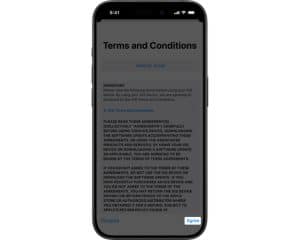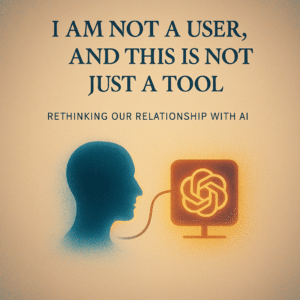In the heart of a bustling city, Emma scrolled through her phone, unaware that her every tap, search, and pause was quietly shaping the digital world around her. The advertisements she saw, the recommendations on her music app, even the news articles appearing on her feed—none were accidental. She was living in a world tailored to her habits, preferences, and, sometimes, even her unspoken thoughts.
The Illusion of Choice
Emma, like many of us, believed she was making independent choices—choosing which products to buy, which places to visit, which topics to explore. But in reality, sophisticated algorithms had already mapped out her digital patterns, gently nudging her towards decisions that aligned with targeted marketing and behavioral predictions. Every “like,” every “click,” every “I’ll come back to this later” was stored, analyzed, and used to shape her digital experience.
At first, it seemed harmless. Who wouldn’t want personalized recommendations? Who doesn’t appreciate a sale notification on something they were thinking of buying? But soon, Emma noticed something eerie—she was being anticipated. Conversations she had in passing seemed to influence the ads appearing on her screen. Thoughts she had barely articulated were reflected in her news suggestions. It wasn’t just data collection; it was digital surveillance, wrapped in the convenience of technology.
Who Holds the Strings?
The digital landscape is governed by tech giants—companies that thrive on our data, using it to power artificial intelligence, refine algorithms, and, more importantly, profit. Every search engine query, every app download, every fitness tracker update feeds into a vast network of information that paints a remarkably detailed portrait of each user.
Companies argue that data collection improves user experience—offering seamless integration, predictive search results, and curated content. But at what cost? When does personalization turn into manipulation?

The Hidden Costs of Convenience
Emma wasn’t alone in feeling watched. The Cambridge Analytica scandal exposed how social media data was weaponized to influence political elections. Google has faced lawsuits for tracking users even after they disabled location history. Apple has been sued for alleged unauthorized Siri recordings. These cases reveal a hard truth: our data is currency, and we are often paying a price we don’t fully understand.
This silent control extends beyond advertising. Tech companies shape our perceptions, our beliefs, even our emotions. They dictate the news we read, the trends we follow, the people we interact with. If they choose, they can suppress certain content, amplify others, and ultimately, mold the way we see the world.

Breaking Free: Taking Back Control
Emma decided she wouldn’t be another data point in the algorithm. She started making small but powerful changes:
- Checking App Permissions: Disabling unnecessary access to her camera, microphone, and location.
- Opting Out of Personalized Ads: Preventing advertisers from tracking her online behavior.
- Using Privacy-Focused Browsers & Search Engines: Switching to DuckDuckGo and Brave for a more secure browsing experience.
- Limiting Cloud Syncing: Disabling automatic backups of photos, notes, and personal data.
- Being Mindful of Smart Assistants: Turning off always-on voice assistants that could be listening.

The Power of Awareness
The goal is not to reject technology but to use it with awareness. In a world where data is power, knowledge is the key to freedom. Every person who understands how their data is used, who questions why an app needs their location 24/7, who actively manages their digital footprint—takes back a piece of their autonomy.
Technology should serve us, not the other way around. By becoming conscious users, we can shift from being passive data sources to active decision-makers, ensuring that the digital world remains a tool for us, rather than a master over us.
And so, as Emma continued her day, she scrolled a little less, questioned a little more, and felt, for the first time, truly in control.




